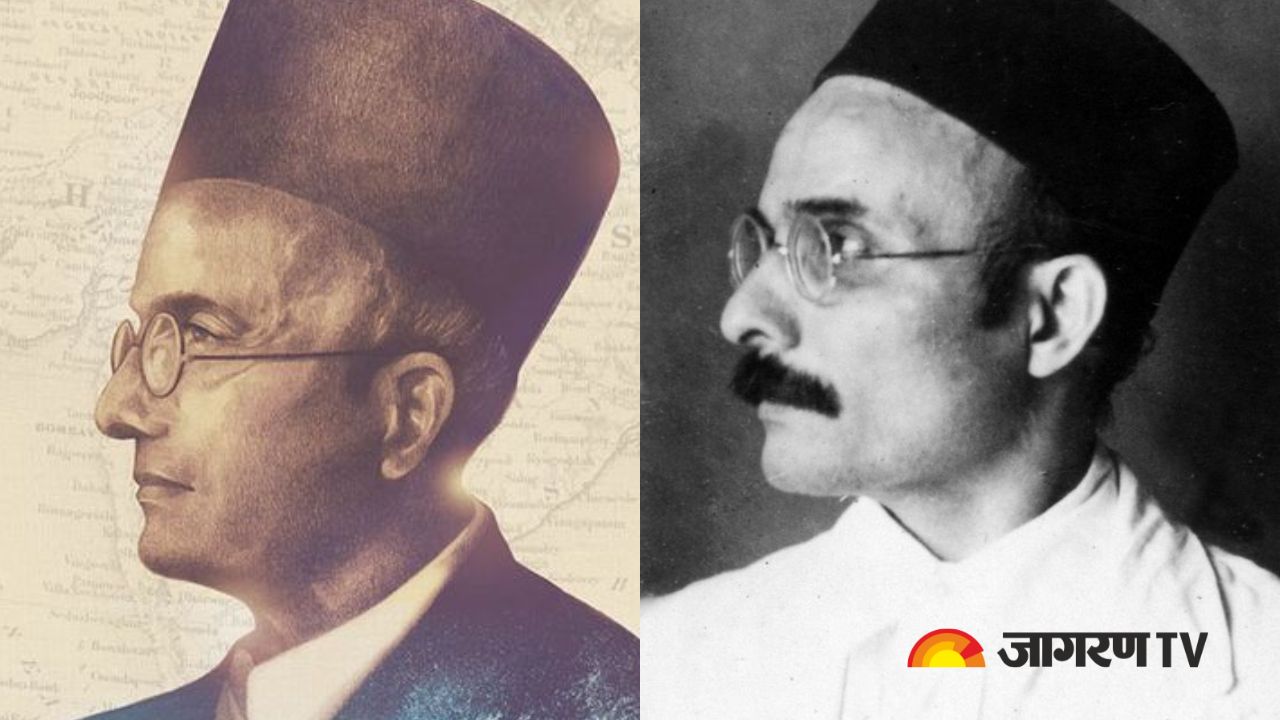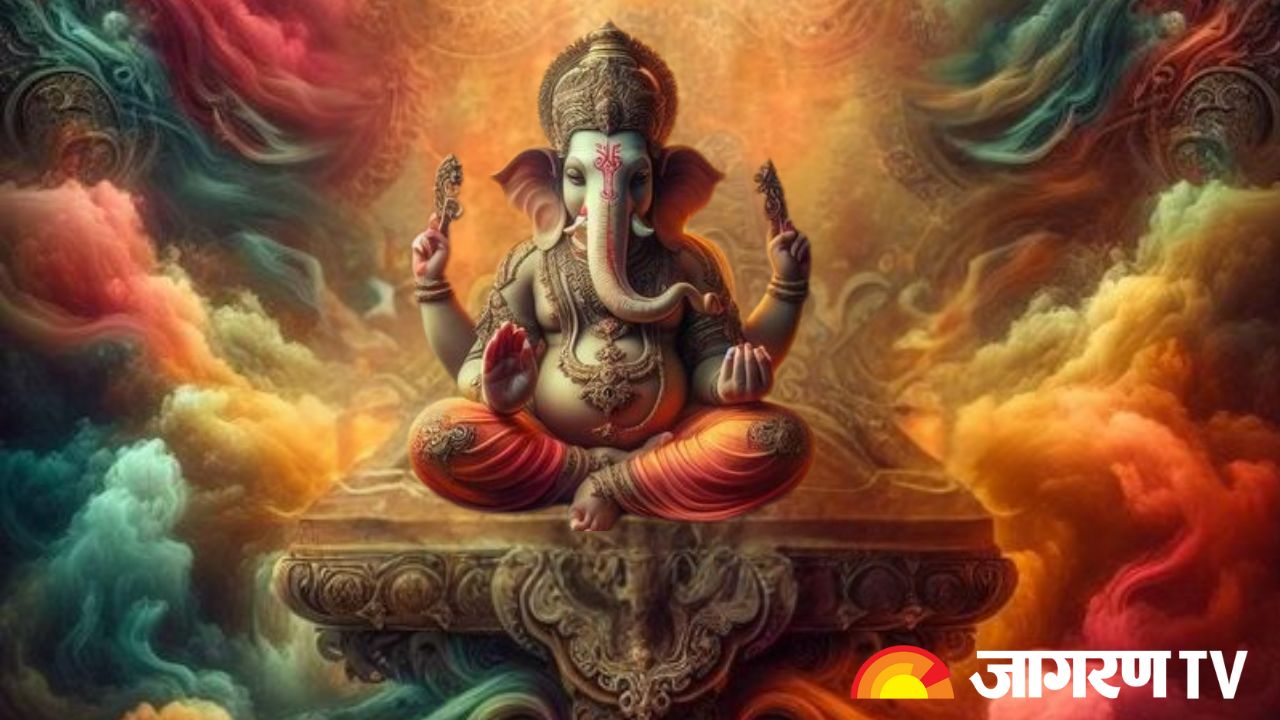Vinayak Damodar Savarkar Biography: The man who coined ‘Hindutva’, a freedom fighter, a social reformer, and more

Vinayak Damodar Savarkar: Swatantraveer Vinayak Damodar Savarkar was a Hindu Indian nationalist known for his poignant contributions to India’s freedom struggle, mobilizing masses, and motivating youth to fight for India’s independence. He is the man behind the definition of ‘Hindutva’, he was a dedicated freedom fighter, a social reformer, an eloquent orator, prolific, and writer.
Vinayak Damodar Life & Education
Savarkar was born in a middle-class family on 28 May 1883, at Bhagur village near Nasik, Maharashtra to Damodar and Radhabai Savarkar. His educational years spanned over many decades as it moved beyond just schools and classrooms. He joined a village school at 6 years of age and had an innate flair for writing poetries. He was a student political activist at first as a college student at Fergusson College, Pune. He acquired Shivaji Scholarships for his law studies in London in 1906.
In the 1900s he founded the revolutionary organization ‘Abhinav Bharat’ intending to overthrow British rule and uphold Hindu pride. He joined the Hindu Mahasabha in 1937.
Political Activism as a student
Savarkar was determined for his purpose of India’s independence, motivating him to work with organizations such as India House and Free India Society. He also instructed Indian revolutionaries in London in methods of Sabotage and assassinations. It was during his time in London when he translated the biography of Italian Nationalist leader, Giuseppe Mazzini- whose life and thinking influenced him a great deal, in Marathi.
He faced various charges during 1910 for revolting against Morley-Minto reforms, enticement of war, and assassination of a British district magistrate, and was sentenced to life imprisonment at Andaman and Nicobar after trial and being convicted.
Books Written By Sarvakar
Sarvakar translated Giuseppe Mazzini’s biography in Marathi in 1906. During his time in India House in London, Savarkar wrote ‘The Indian War of Independence’ about India’s revolt of 1857 in 1907; the book was published in 1909. His time in Andaman and Nicobar gave birth the book “Hindutva: Who Is a Hindu?” in 1923 where he coined the term Hindutva. This political ideology hegemonized the Hindus in India. He also authored ‘Hindu Pad-pada-shahi’ a book about the Maratha empire, and ‘My Transportation for Life’ and Majhi Janmathep meaning "My Life-term".









